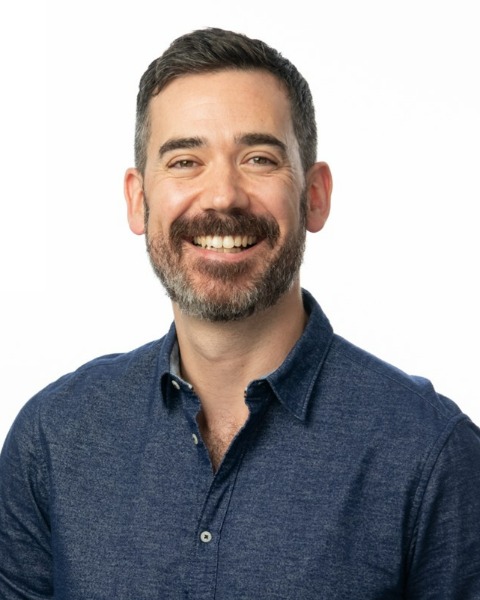Behavioral & Social Science
Session: Reducing stigma and improving care for sexual minorities and other vulnerable populations
O12.1 - Inclusion that matters – Trans and gender diverse peoples’ perspectives on sexual health services in the United Kingdom
Wednesday, July 26, 2023
14:30 - 14:45 CST
Location: Chicago 10

Tom Witney, PhD (he/him/his)
Research Fellow
Research Department of Primary Care and Population Health, University College London, United Kingdom
Primary Presenter(s)
Background: Research indicates that trans and/or gender diverse (T/GD) people in the UK are less likely to access sexual health services (SHS) than cisgender people, and are more likely to report negative experiences when accessing SHS. The British Association for Sexual Health and HIV (BASSH) has developed expert recommendations for T/GD-inclusive SHS, but empirical evidence from service users is lacking. This study aimed to address this gap by asking T/GD people about their perspectives on how SHS could be T/GD-inclusive.
Methods: Semi-structured interviews (n=31) and focus groups (n=21) were conducted with T/GD people exploring experiences of SHS and the inclusivity of services. Participants were aged between 17 and 71 years old and recruited through community organisations and social media. The study design, materials, and analysis were informed by involvement of T/GD people and an advisory committee (including T/GD charities, sexual health clinicians). Data were analysed using inductive thematic analysis, managed using NVivo.
Results: Among participants, general expectations for inclusive care were low. Participants who accessed care through T/GD-led SHS reported high satisfaction, but others would not use T/GD-specific services because of stigma. Participants described inclusive SHS as understanding the lived experience and needs of T/GD people. Participants’ recommendations aligned with BASSH, including both service set-up (e.g., gender options on forms, gender neutral toilet facilities) and consultations (e.g., asking/sharing pronouns, gender-neutral language). Participants described hallmarks (e.g., Trans pride flags in waiting areas, a visible statement of T/GD-inclusivity) that would give them confidence in services. The concept of ‘inclusion that matters’ was generated in which inclusivity is not a static property of a service but is dynamically produced through the interaction of service users, staff, and clinical spaces. For example, services could be perceived as inclusive if delivered flexibly in a way that met individuals’ needs. Conversely, consultations that used inclusive terminology could be delivered in a way that ‘othered’ participants.
Conclusion: These findings provide insight into what a sample of T/GD people in the UK consider important to T/GD-inclusive SHS and reinforce existing expert recommendations. Importantly, they highlight the dynamic and complex nature of inclusion and the need for ongoing engagement to deliver T/GD-inclusive SHS.

